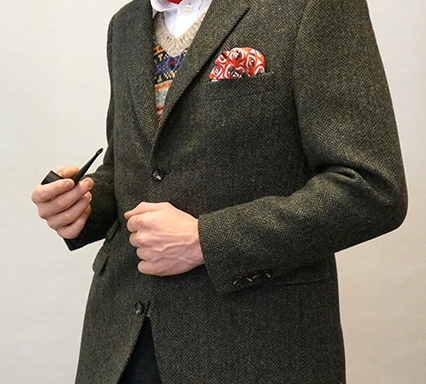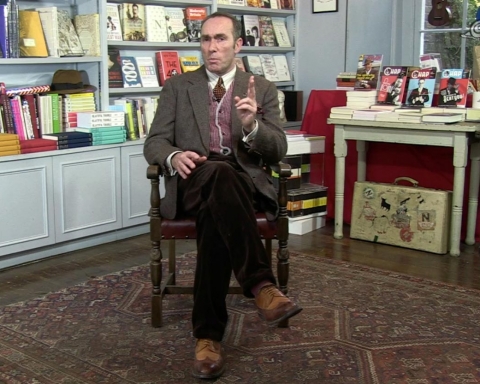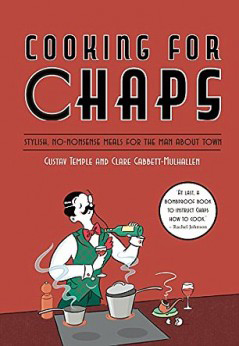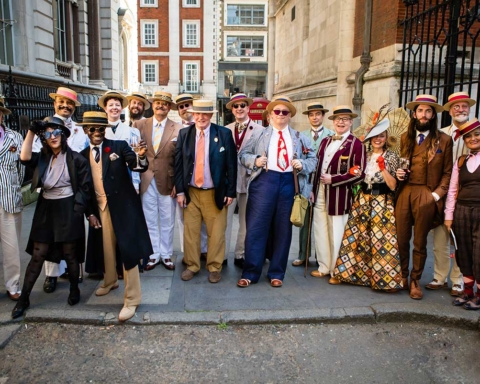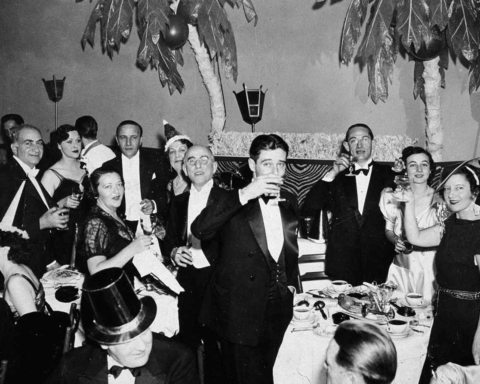 A British company has turned the tables on the traditional exploitation of hat weavers in Ecuador. In the past, the straw harvesters and weavers of hats selling for up to £600 in the UK were receiving a pittance, while members further along the food chain were making handsome profits.
A British company has turned the tables on the traditional exploitation of hat weavers in Ecuador. In the past, the straw harvesters and weavers of hats selling for up to £600 in the UK were receiving a pittance, while members further along the food chain were making handsome profits.
Carry Somers decided to change all that, after a research trip in 1992 to Ecuador, where all Panama hats are made. The straw used to weave Panama hats comes from a palm species that only grows on the coast of Ecuador. It was given the scientific name of Carludovica Palmeta in honor of King Charles IV of Spain and his wife Ludovica, both early wearers of Panamas in the 18th century. An entrepreneur called Manuel Alfaro settled in Montecristi in 1835 and began exporting straw hats to Panama, then an important commercial centre. Once he had opened several hat shops in Panama, the world began to associate this Ecuadorian product with the country of Panama. This was good for general sartorial elegance, but not so good for the Ecuadorian weavers, and exploitation was rife.
Pachacuti, Ms Somers’s company, works with two co-operatives in the southern highlands of Ecuador near the city of Cuenca, supporting over 800 women weavers. Instead of passing through a chain of intermediaries, the Panamas are woven and finished by members of the co-operative, so more of the value of the hats is retained within the community. The women are paid by how much they produce but also by quality. The hats are graded according to the fineness of the weave, some taking up to a month to produce. Pachacuti’s prices range from £106 for an extra fine grade 12 (the top grade) hat which takes at least two weeks to weave, to £29 for a basic twisted weave.
To view the full range and find out more, visit Panamas.co.uk
To read the original version of this story in its entirety, visit Theecologist.org

